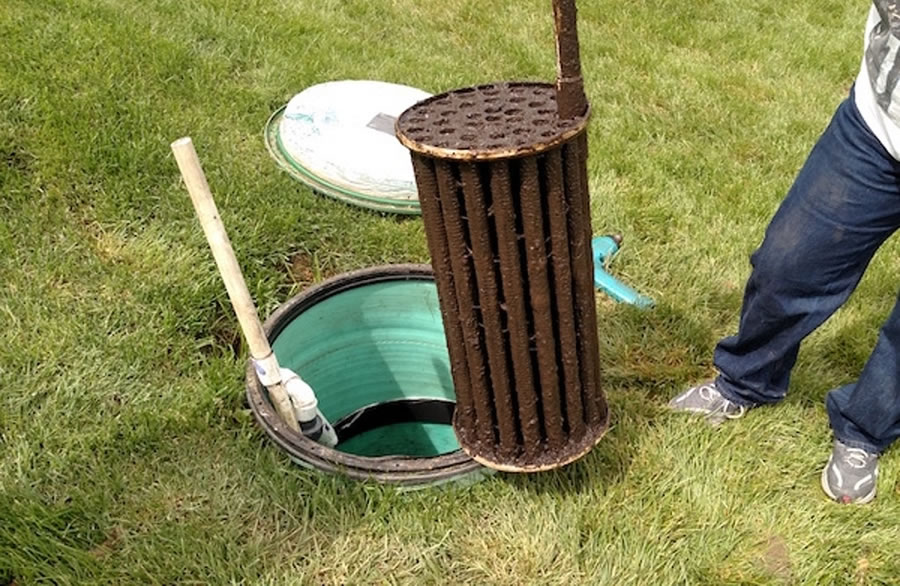Call This Wednesday to Get $25 OFF
Clean Solutions, Dirty Jobs – Done Right. Reliable. Responsive. Remarkable.
Call This Wednesday to Get $25 OFF
Clean Solutions, Dirty Jobs – Done Right. Reliable. Responsive. Remarkable.
At first glance, it would seem a septic tank is safe in its location several feet underground. A closer inspection at the facts will reveal that septic tanks are vulnerable to a number of threats. Some of these threats to the septic tank are within our control and others are external factors. Still, understanding the threats will help you take the appropriate steps in reducing risk of damage. Of course, you can always put yourself at ease by hiring the technicians at Septic Connection for any inspections, maintenance, repairs and septic tank cleaning. We offer emergency service, so do not hesitate to call Septic Connection any time.

There are many types of septic systems, but their overall operation is similar. Here is a quick explanation of how your septic system, or wastewater treatment system, works.
In short, wastewater and sewage generated by your household travel through the plumbing drains and into the septic tank. This waste separates into three layers in the tank: a scum layer, a liquid waste layer, and a solid waste layer.
Bacteria and chemicals in the septic tank break down solid waste while the liquids continue through the outlet pipe and into the drain field. The wastewater percolates through the soil for treatment. Meanwhile, the solid waste and sludge fill the septic tank over time and must eventually be removed with septic pumping and cleaning.
When people ask why septic tanks break, they often mean to ask why septic tanks break down. It is a valid question either way. There are two categories for a problematic septic system: a fault and a failure.
A fault is when the system does not work properly. This can happen because of neglected maintenance, overwhelming water usage, accidental damage, and improper installation:
Whether your septic system has already failed, or you are proactively working to prevent it from happening, the folks at Septic Connection have you covered. We offer reliable and accessible septic system inspections, maintenance, repairs, and even replacements. Feel free to call any time, even if it is an emergency. Our live representatives and technicians are on standby to take your call.
The septic system is an onsite waste treatment facility, and it is incredibly reliable. However, the system is only as effective…
Imagine flushing your toilet and then suddenly realizing that your backyard has turned into a swampy mess. This unpleasant experience is…
Soil testing is a critical step in various construction and environmental projects. It provides essential information about the ground conditions, which…
Grease traps are remarkable tools that help keep your establishment clean and free from bad odors. Septic Connection has a…
If you have just moved into a new home or property that relies on a septic system for waste and wastewater…
When septic problems start, many homeowners look for quick and inexpensive solutions. Online videos, store-bought additives, and advice from well-meaning neighbors can make do-it-yourself septic fixes seem appealing. Unfortunately, septic…
Read moreA septic system is one of the most important—and most overlooked—components of a home. It manages wastewater quietly in the background, so many homeowners assume everything is fine until a…
Read more